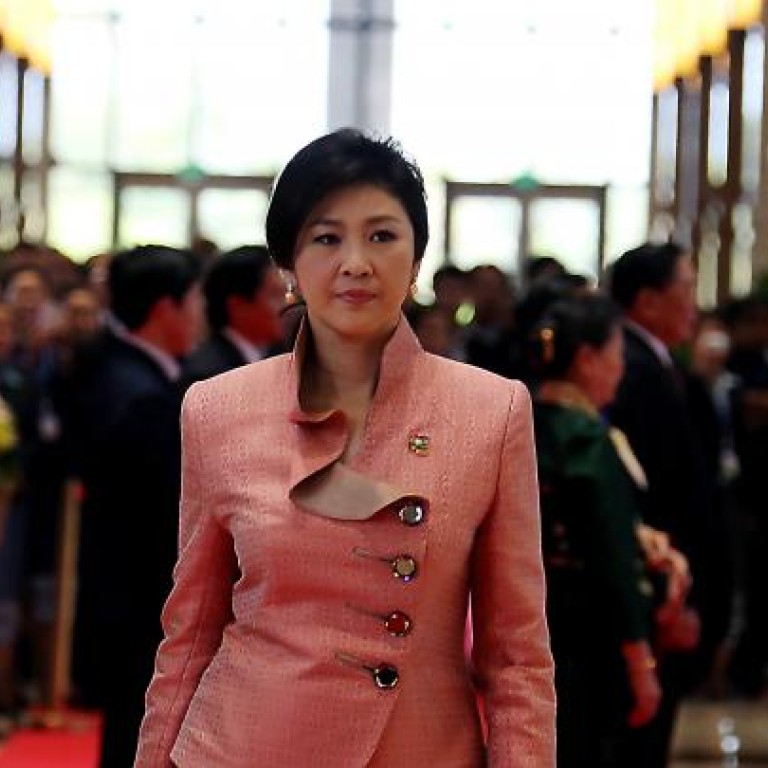
Thailand should brace for more bruising politics
Pavin Chachavalpongpun says return of Thaksin loyalists in cabinet reshuffle has riled opponents
Thailand could be heading towards a new round of violent political confrontations. Late last month, Prime Minister Yingluck Shinawatra reshuffled the cabinet for the third time in just over a year. She brought in a number of trusted allies of her brother Thaksin, the country's former premier who is believed to be the real power behind the current government.
Among the loyalists to gain favour was Surapong Tovichakchaikul, who was promoted to deputy prime minister while keeping his post as foreign minister. Surapong played a crucial role in facilitating Thaksin's travels abroad. Soon after becoming foreign minister, he issued a new passport to Thaksin, claiming that the charges against the former premier were politically motivated.
Observers say the latest reshuffle could be another attempt to pave the way for Thaksin's return. He was ousted by a coup in 2006, and has been living overseas to avoid a two-year jail sentence for corruption.
The Yingluck government has done well over the past year, successfully boosting the economy, implementing policies popular with its rural base, and pushing for national reconciliation. She seems likely to serve a full four-year term, and this will infuriate her political opponents.
To weaken her position, these opponents have again instigated street protests and called for the military's intervention. They organised a rally of about 20,000 late last month at Bangkok's horse racing track. Among them were royalists who saw the rise of Thaksin and Yingluck as a threat to the Thai monarchy.
In parliament, the opposition Democrat Party has joined the anti-government bandwagon, seeking to file a no-confidence motion against Yingluck and some of her cabinet members. But since the chance of pushing through the motion is slim, some Democrats have turned to personal attacks, criticising her for her supposedly bad English and poor dress sense.
Anti-Thaksin forces have also re-emerged in response to the government's push to investigate the deaths of red-shirt, pro-Thaksin protesters during mass demonstrations in 2010. The government is said to be likely to ratify the Rome Statute of the International Criminal Court, to try and bring the culprits to justice. If this is true, it means that the government is willing to confront the security forces.
The question is whether Yingluck is ready to do so. Why would she jeopardise her government by openly challenging the military? So far, she has tried hard to build a working relationship with it. The ratification issue could wreck this relationship - and this could mean even less chance of a homecoming for her brother.

